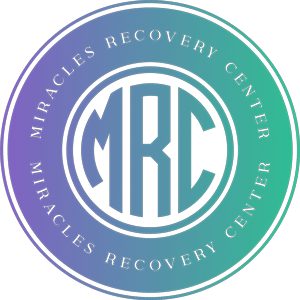Rehab for Women

A Safe, Empowering Space for Healing and Growth
Addiction and mental health challenges affect women in unique ways — emotionally, socially, and physically. Our Rehab for Womenprogram provides a compassionate, gender-specific environment where women can focus on recovery without judgment or pressure.
This program blends evidence-based therapy, trauma-informed care, and holistic healing to help women rediscover self-worth, rebuild relationships, and create a life defined by strength and purpose.
Why Women Benefit from Gender-Specific Treatment
Women often experience addiction through the lens of relationships, trauma, and emotional burden. Many have carried the weight of caretaking, family roles, or unresolved pain for years before seeking help. Our women’s program allows clients to heal in a supportive space among peers who understand their journey.
Core Focus Areas
- Healing from trauma and emotional neglect
- Rebuilding self-esteem and healthy boundaries
- Addressing codependency and relationship patterns
- Managing anxiety, depression, and stress
- Empowering women to rediscover purpose, identity, and independence
Program Overview
The Rehab for Women track is available within our PHP, IOP, and Outpatient programs, allowing flexible participation with full clinical and psychiatric support.
Program features include:
- Individual therapy focused on trauma, self-image, and emotional recovery
- Group sessions for community, connection, and accountability
- Family therapy to repair relationships and improve communication
- Psychiatric evaluation and medication management
- Holistic wellness and mindfulness programs
- Education on relapse prevention, boundary setting, and self-care

Therapies and Clinical Services
Our women’s program integrates medical, clinical, and emotional care designed for the specific needs of women in recovery.
Therapeutic modalities include:
Cognitive-Behavioral Therapy (CBT) for thought and behavior change
Dialectical Behavioral Therapy (DBT) for emotion regulation and stress tolerance
Trauma-informed therapy addressing physical, emotional, or relational trauma
Group therapy that encourages trust and shared healing
Family therapy to foster healthy support systems
Holistic methods including yoga, mindfulness, and nutrition coaching
Common Issues Addressed
- Alcohol and drug dependency
- Post-traumatic stress disorder (PTSD)
- Anxiety, depression, and mood disorders
- Codependency and relationship trauma
- Grief and loss
- Self-worth, guilt, and perfectionism
- Balancing family, career, and personal health

Why Women Choose Our Program
- Compassionate, experienced female clinicians
- Safe, judgment-free environment for emotional expression
- Trauma-informed, evidence-based treatment approach
- Focus on empowerment and life rebuilding
- Day, evening, and weekend scheduling options
- In-network insurance coverage and clear cost transparency
- Lifelong support through aftercare and alumni connections
What To Expect
Personalized assessment
to understand emotional and relational needs.
Customized treatment plan
blending therapy, psychiatry, and holistic wellness.
Therapeutic participation
in group and individual sessions.
Skill-building
in communication, self-care, and relapse prevention.
Transition and aftercare
with continued therapy and community support.
